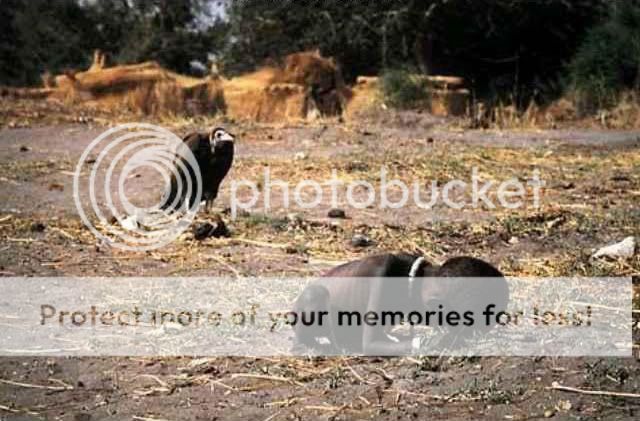This is sounding a lot like a dissertation I once wrote

The question of morality is something all photojournalists need to tussle with. In some instances the photographer simply isn't able or qualified to help - he might have a degree in Photojournalism for example, but he probably wouldn't have a degree in Medicine - and in other cases you have to ask what the best thing you can achieve is.
Your role as a photographer is to tell the story. If you can help someone along the way then great, absolutely. But if a house is burning down, do you take the picture or get in the way of the firefighters? If there's no one in the house the answer is probably straightforward; if there was a child trapped in the house then it's a different scenario, but even in that situation assuming firefighters are on the scene, you'd probably just get in their way. It's a constant situation whereby you need to assess the situation on the ground; it's a massive grey area and there are no hard and fast rules.
History is littered with exampls of iconic photographs that played a major part in affecting the outcome of important events. Everyone is probably familiar with Nick Ut's photograph of Kim Phuc that was one of several that really played it's part in turning the tide of public opinion against the war in Vietnam. Should he have put his camera down to try to help her injuries? He wasn't medically trained.
But taking the photograph there is a credible case that he saved countless other lives. Kim Phuc herself credits him as "saving (her) life". It shot her to prominence and allows her to carry on her work as a "messenger of peace", as a Goodwill Ambassador of Unesco. Nick Ut himself went on to receive the Pullitzer Prize.
It's a fine example of what can be achieved; he took the photo, and he didn't have to endanger her by doing so. He took the photo first, and then helped her to a hospital after she fainted in his arms.
Do we question why someone isn't a policeman when a crime is in progress? And why they decided instead to become a teacher or a fireman or something that isn't even a public service? We all have roles in life, and we have a finite amount of time and resources. Used in the right way, photography can do a great amount of good.
Dorothea Lange (Migrant Mother), Stuart Franklin (that image of Tiananmen Square), Joe Rosenthal (Iwo Jima) are just some examples of photographers and their images that even non-photographers would recognise, due to the impact that they have played in shaping the world as we know it today.



